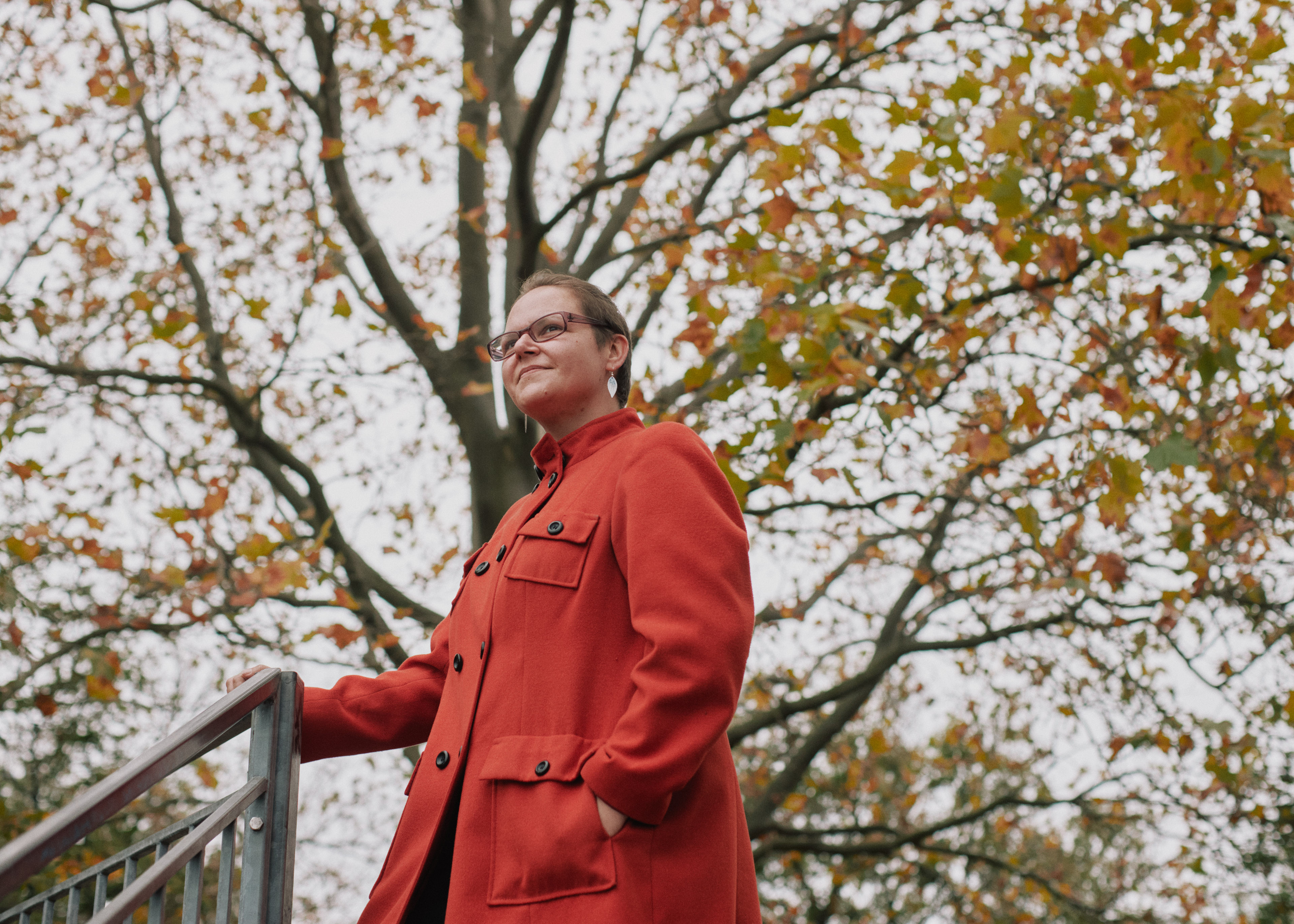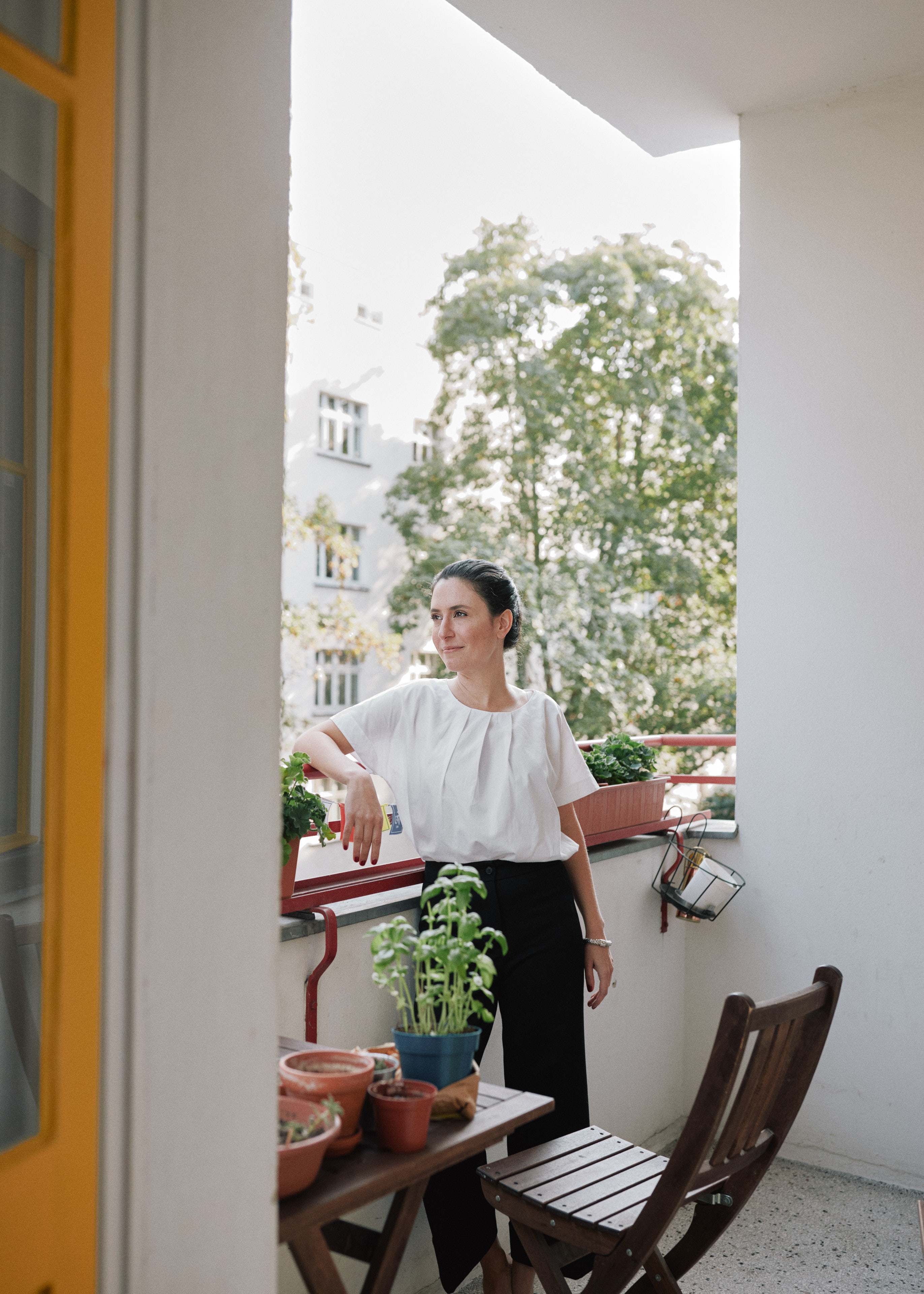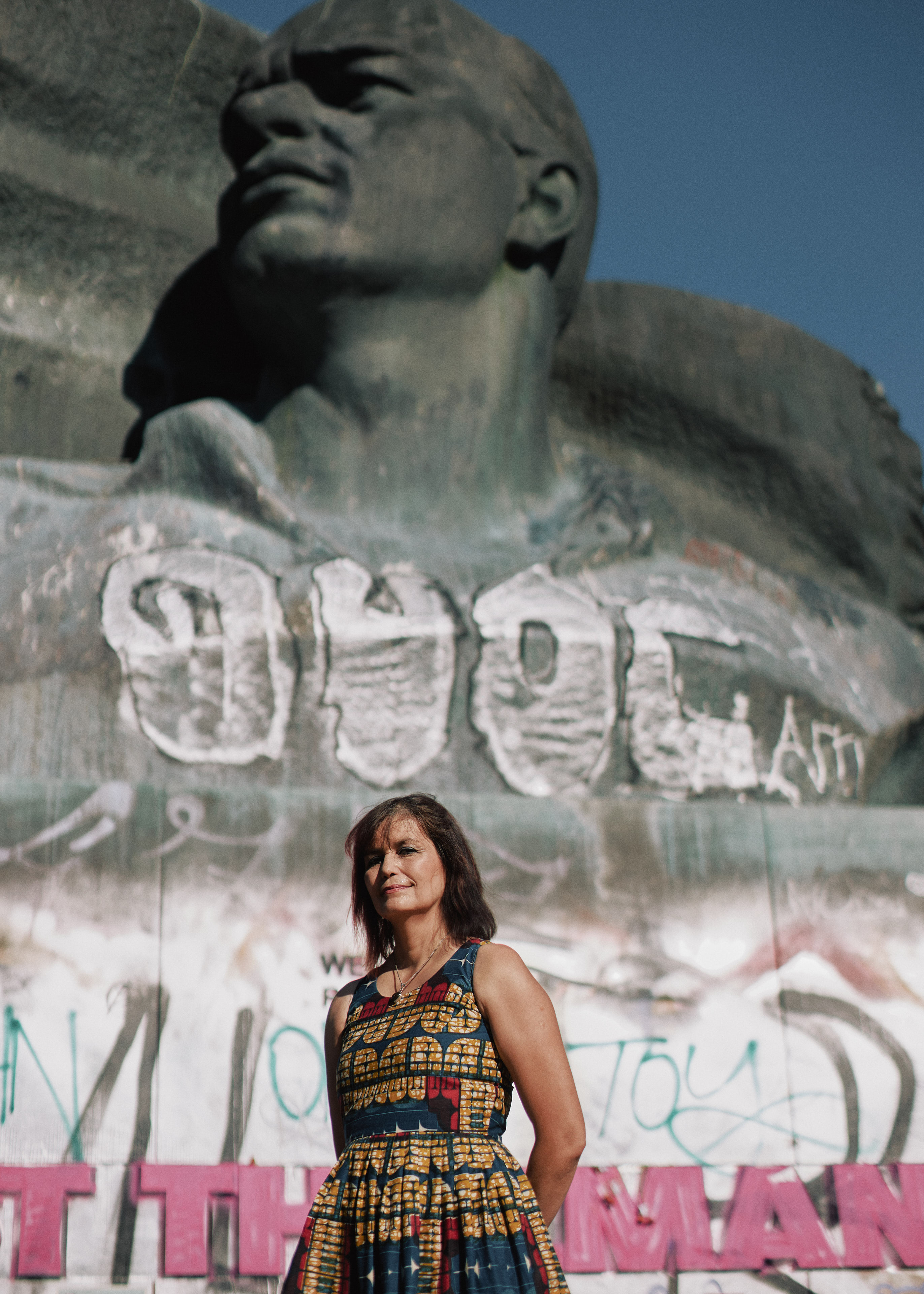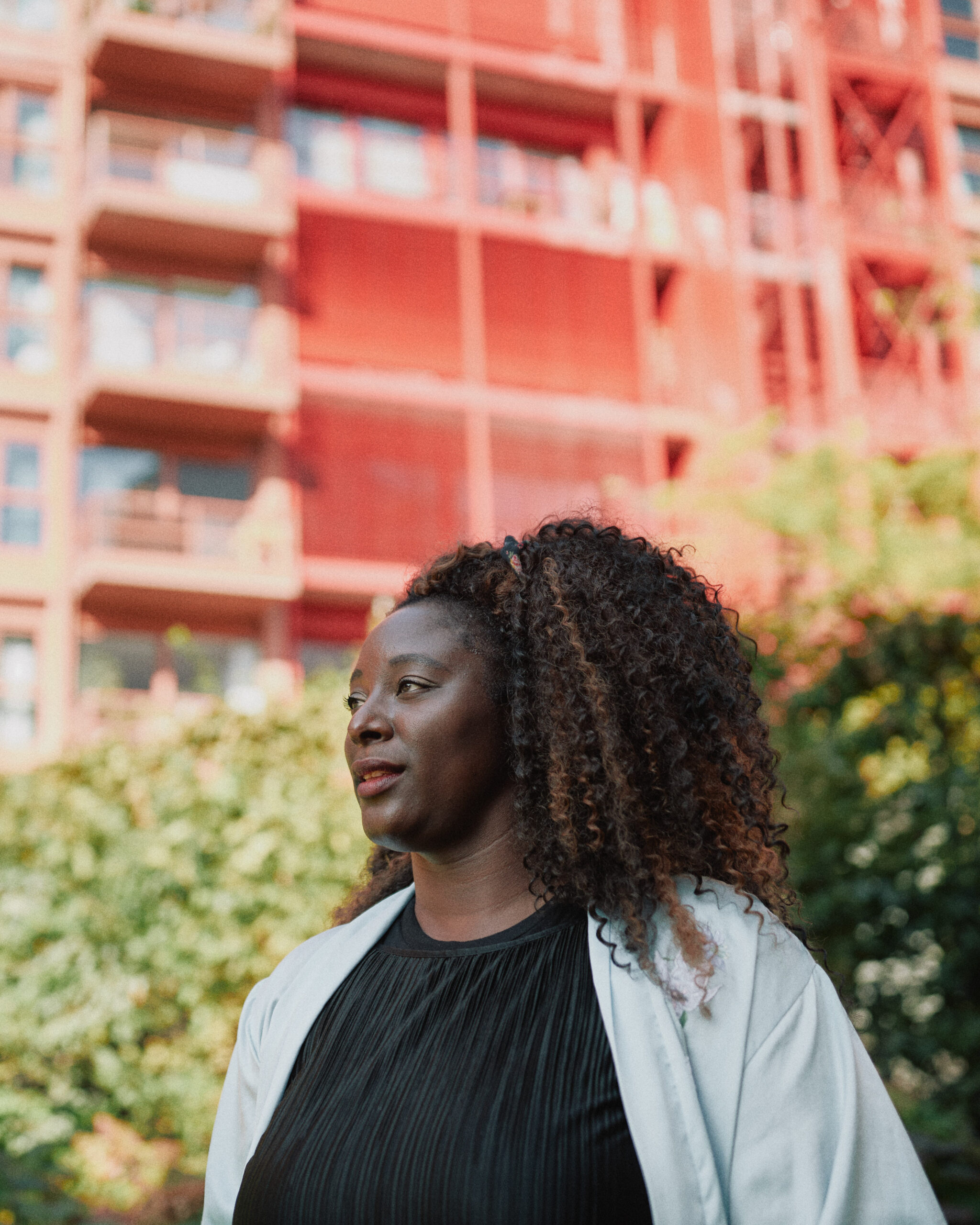Alina, Berlin
“My childfree choice was a gradual process of arriving at that conclusion in a soft way, so that it just made sense.”
There wasn’t a day when I woke up and thought, “I’m not gonna have any kids”. It was a gradual process of arriving at that conclusion in a soft way, so that it just made sense.
I sometimes call myself “the last child of the Soviet Union”, as I was born in Estonia towards the end of the Soviet era. I have a very clear memory of being maybe 14 or 15 and watching Russian television – there was this piece of news about an orphanage somewhere in the depths of Russia. There were all these sweet kids, in horrible circumstances, poorly dressed, and I remember very clearly the thought that if I ever desire a child, I won’t have my own, but I will adopt.
Around the same time, I started working as a babysitter. My first job was looking after a girl who was sick, and we had to do all these procedures in the evening before she went to bed. At the end of my babysitting career, I was 18 and taking care of a family of three kids, an 11-year-old, a six-year-old, and a tiny one about a year old. I saw very clearly that having a child is basically non-stop, you can’t turn it off. That was sort of stage two on my way to a very clear “no”, where I was thinking, “It’s a lot of work. Is this something I want?”
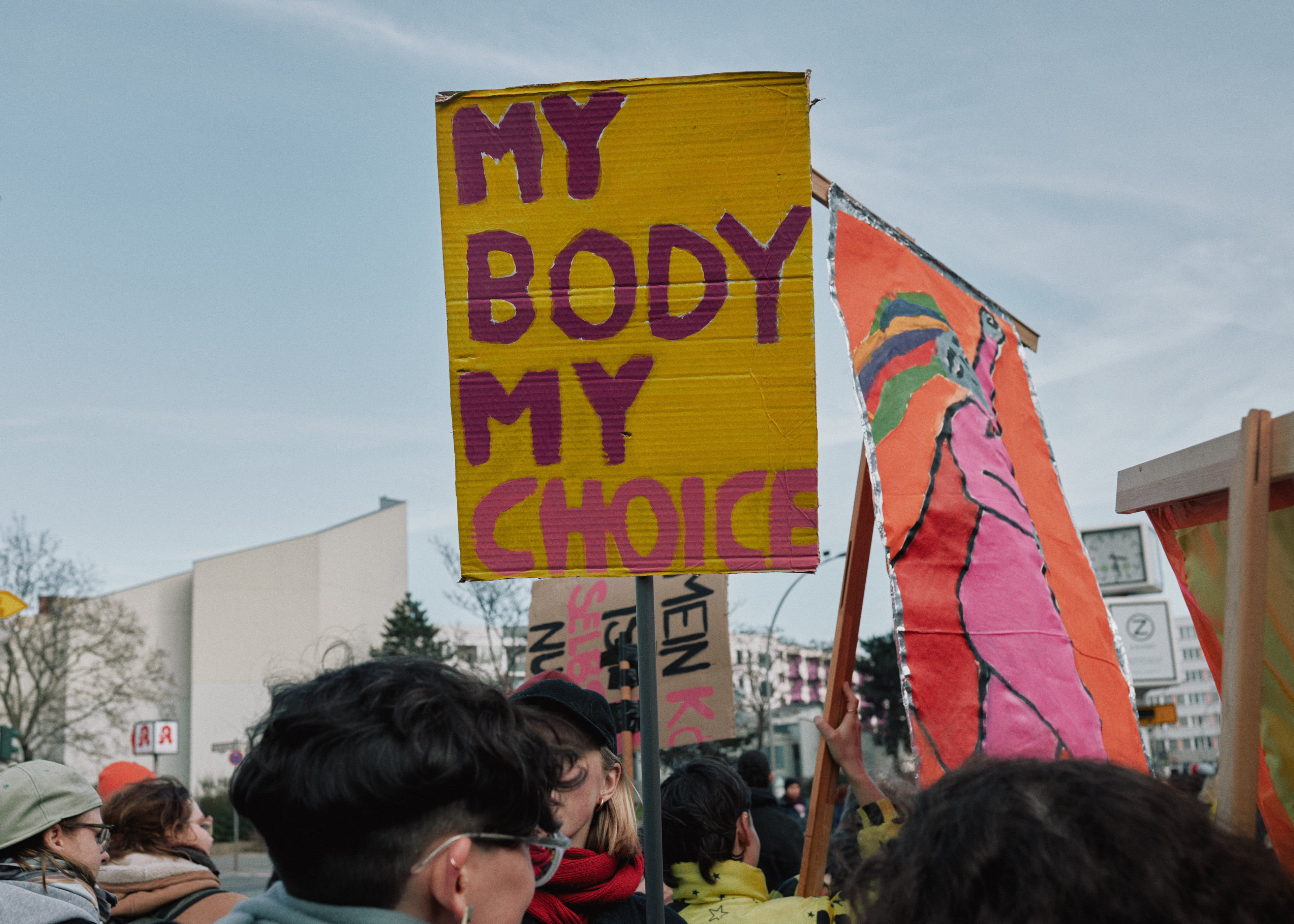
“We just didn’t learn what love was, maternal or parental love, as children. So my picture of being or having children was negatively skewed, and there was always this thing in my head of, “I don’t want to repeat this”.”
Something that was true at all stages of my decision, always in the background, was my extremely difficult relationship with my mother. She is a very violent person, who struggled with a lot of things in her life. When I was 16, she married a Frenchman, and we had to move to France. So I have a stepfather and a father, but the father who was most present for me as a child, he died when I was nine. Really, my family was just my mother, my younger sister and me.
We just didn’t learn what love was, maternal or parental love, as children. So my picture of being or having children was negatively skewed, and there was always this thing in my head of, “I don’t want to repeat this”. That thought is like a red thread that has run through the background of my life. For me, there are many layers and levels to my decision, but the absence of knowledge of what motherhood or childhood really is, or none that is combined with any kind of positivity – it’s fair to say that has been an influence as well.
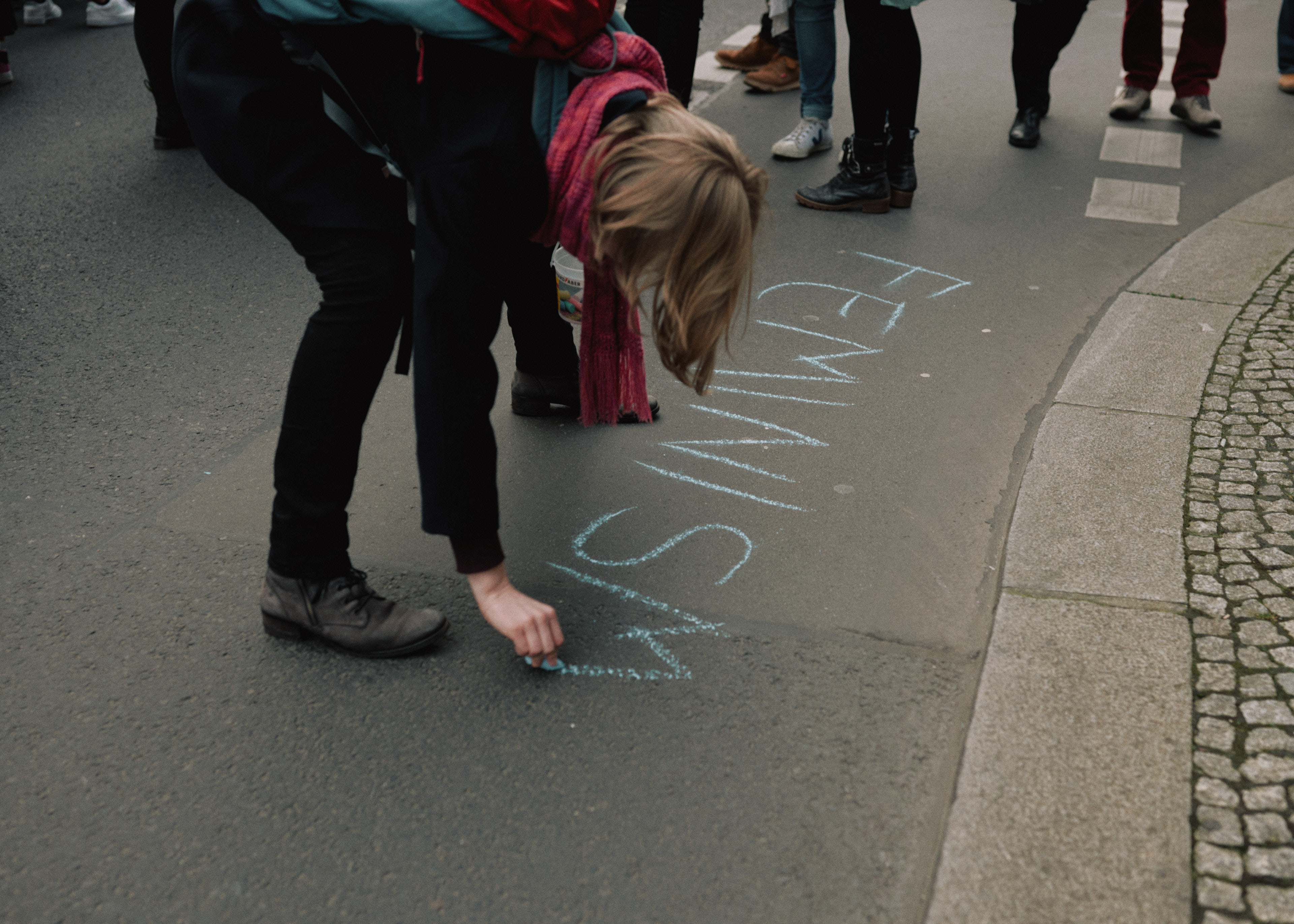
Putting a face to the community best childfree livesPutting a face.
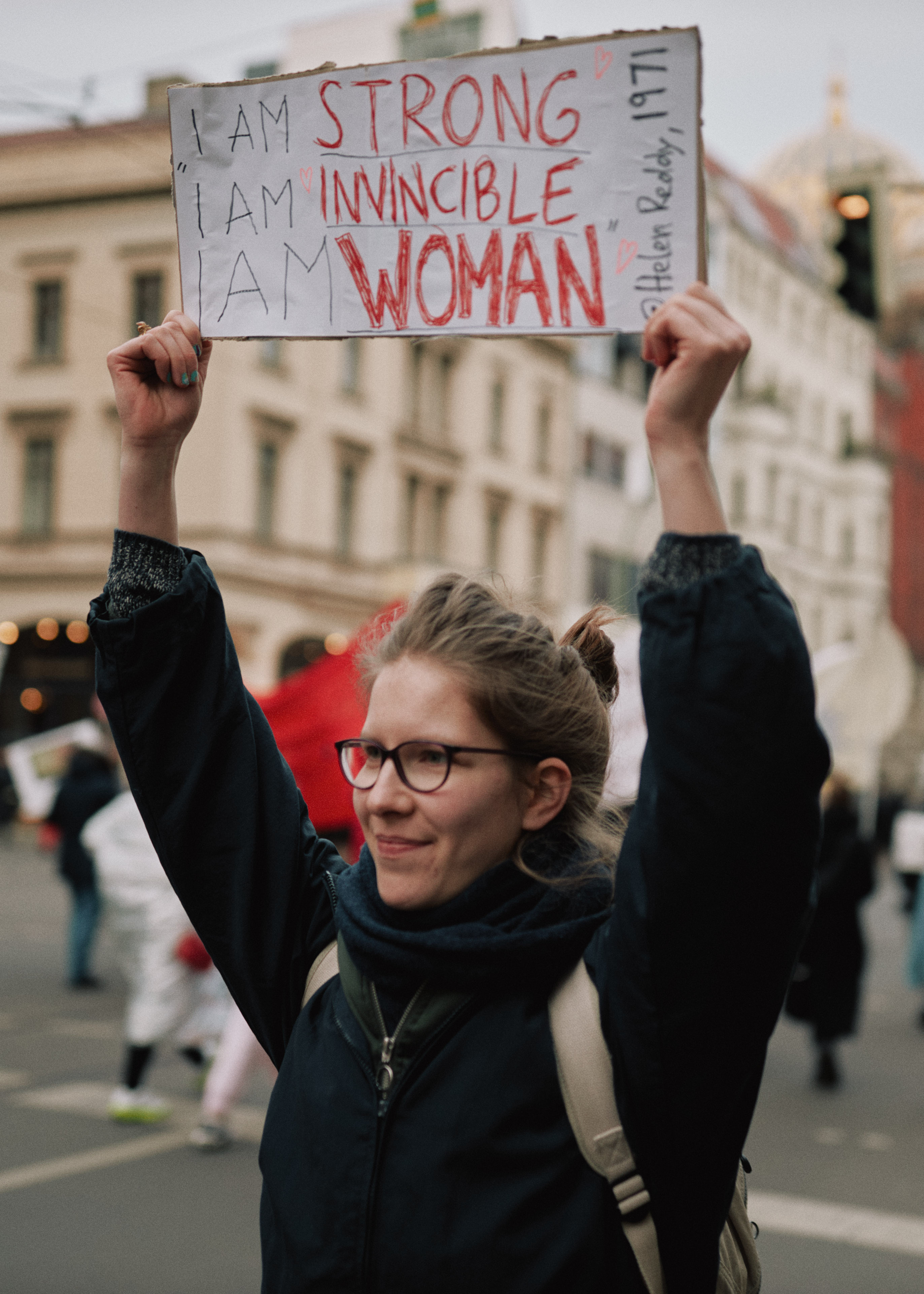
“I don’t buy the idea that we need to share blood to somehow be connected.”
What is maternal instinct? When does it switch on and when does it switch off? Do you have to be an actual mother, or are we talking about what is mostly associated with female nature, this caring and taking responsibility for another human? Because I try to take care of others, and I have this strong desire to bring people together.
In my wilder days, I would go out raving with my friends, and it was always important for me to have a sense that we, as a group, stay together and look after each other’s well-being. It’s not like that anymore, but I still belong to the Burning Man culture, and am quite involved in local burns – I naturally fall into the role of an organiser, of nurturing community. A lot of friends laugh at me and say that I always try to put people in a circle! Because, in my experience, if you put people in a circle and give them a lovely container, amazing things will happen.
I often think about the role of blood. Because some of the people who have given me the most love in my life, I have no blood connection to, whatsoever. It’s the dear friend, or the person who took care of me at some point in my life when I was in trouble. My family has always been a source of drama and hurt and pain. So I don’t buy the idea that we need to share blood to somehow be connected.
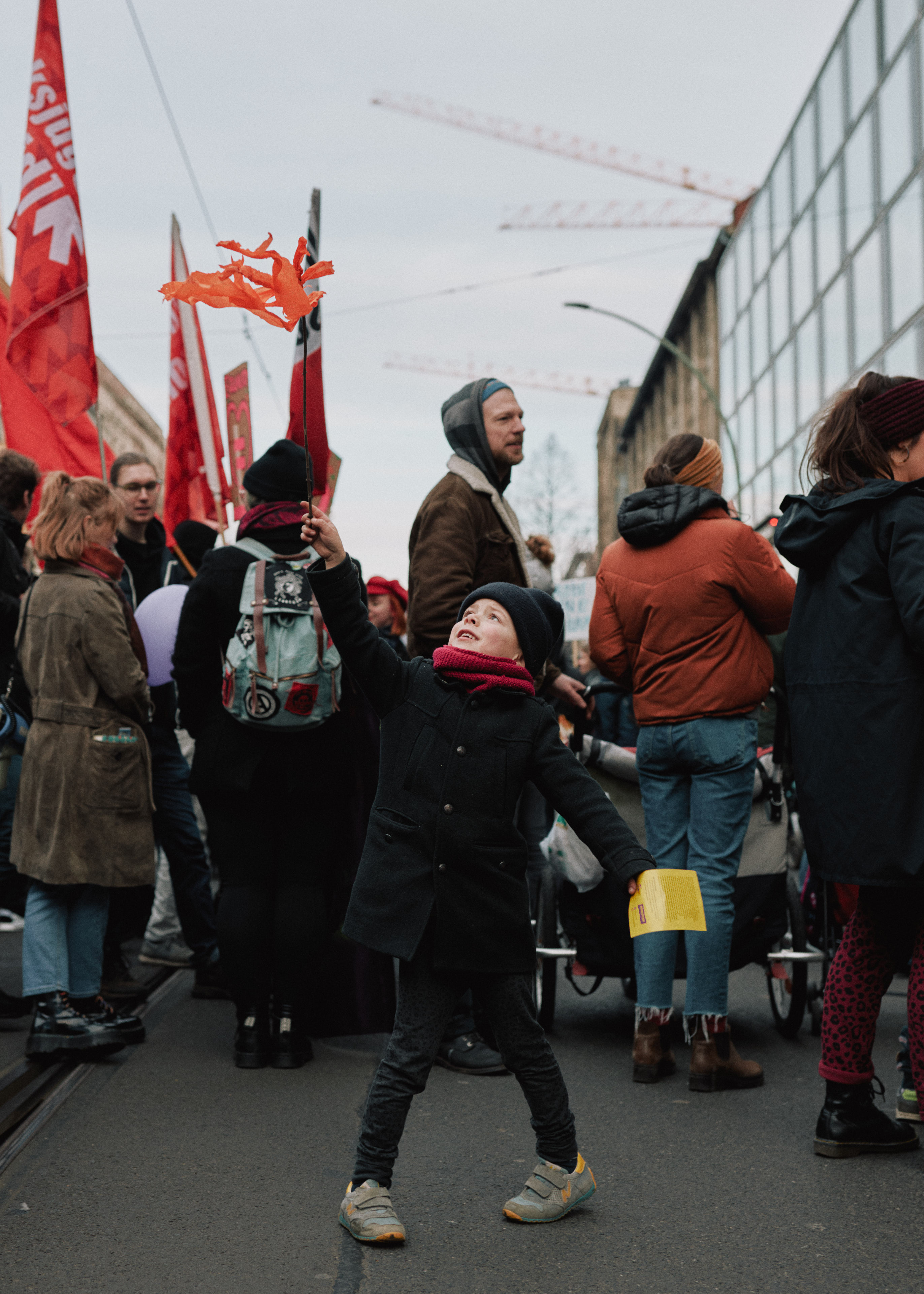
Putting a face to the community best childfree lives.
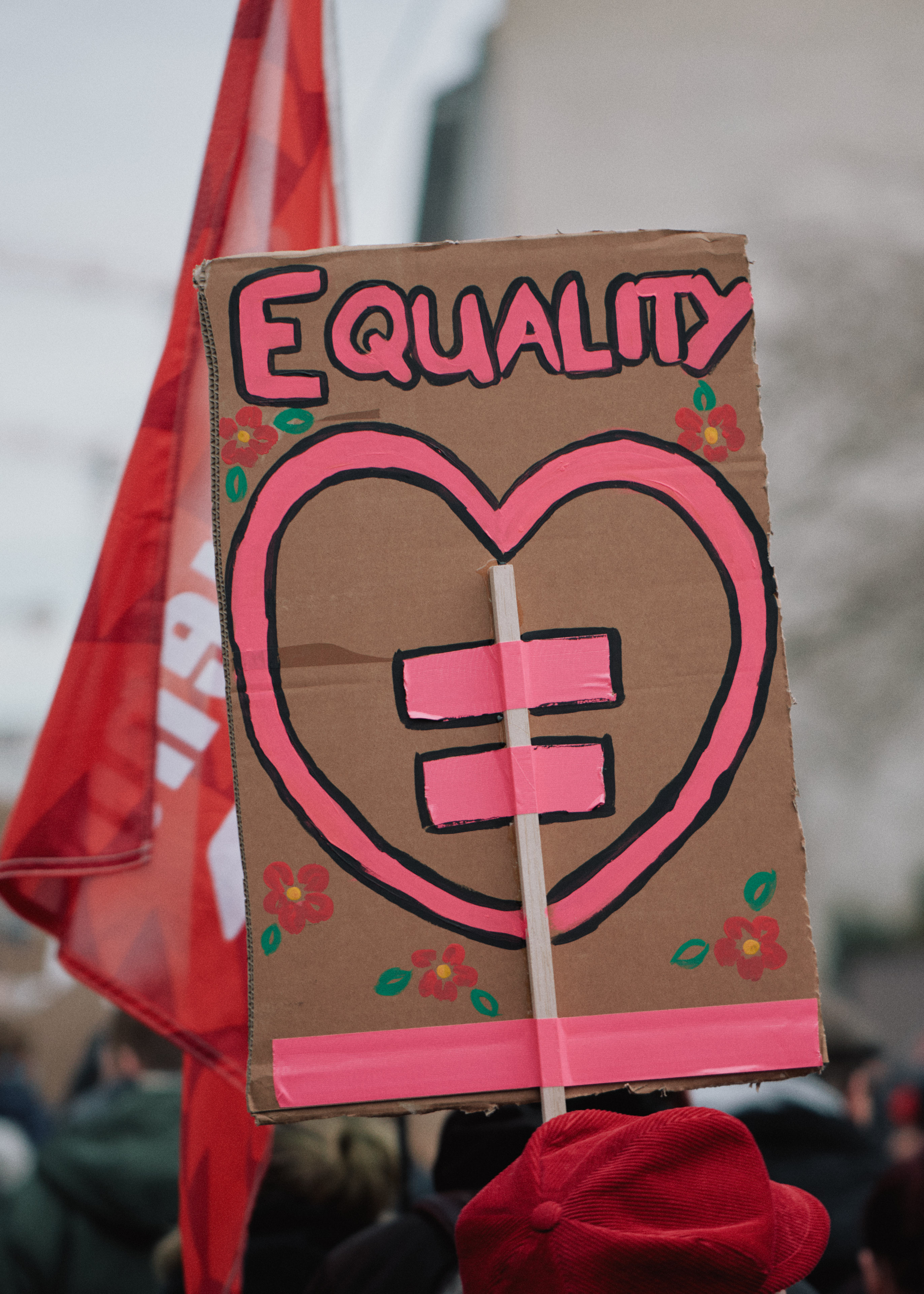
Putting a face to the community best childfree lives.
“Our legacy is not about what will happen later, for another human that will live on the overpopulated Earth, but it’s more about, ‘How can we change things right now?’”
I also don’t buy the idea of legacy, but it’s difficult to say, “I don’t buy that”. Because I also struggle with questions like, “What is my purpose? What is the meaning of life? What will I leave behind?”
At this moment, I still feel like I’m growing up rather than growing old. And as I’m growing up more and more, I understand that my legacy is happening right now. My legacy can only happen now, as in being nice to people, being friendly and helpful, working on myself to drop judgment, to drop aggression. Our legacy is not about what will happen later, for another human that will live on the overpopulated Earth, but it’s more about, “How can we change things right now?”
I was apolitical for a very long time, because I always felt like a cog in such a huge machine. I’ve been brainwashed twice, first by a sort of communist version of socialism, then by capitalism, when I moved to Europe. I’ve been peeling off those layers for such a long time now. Through my involvement in communities, and through people I met in Berlin, I understood that, when you have a voice, it’s important to take the opportunity to speak up for what you think is right. I see standing up for equality as my duty.
I had been living in this sort of sea of knowing that I didn’t want children, but not being sure. And what changed it for me, and gave me the voice to say more confidently, “I choose not to have children”, is after meeting a couple of women who I thought were totally badass and very outspoken about their decision. They really inspired me and allowed me to be stronger on my own. So consider all your options, talk to your peers, seek support. Read, listen, find out, talk, inform yourself, and challenge the status quo. Make the decision that feels right to you.
Photos by Zoë Noble
Words edited by James Glazebrook
SHARE:
